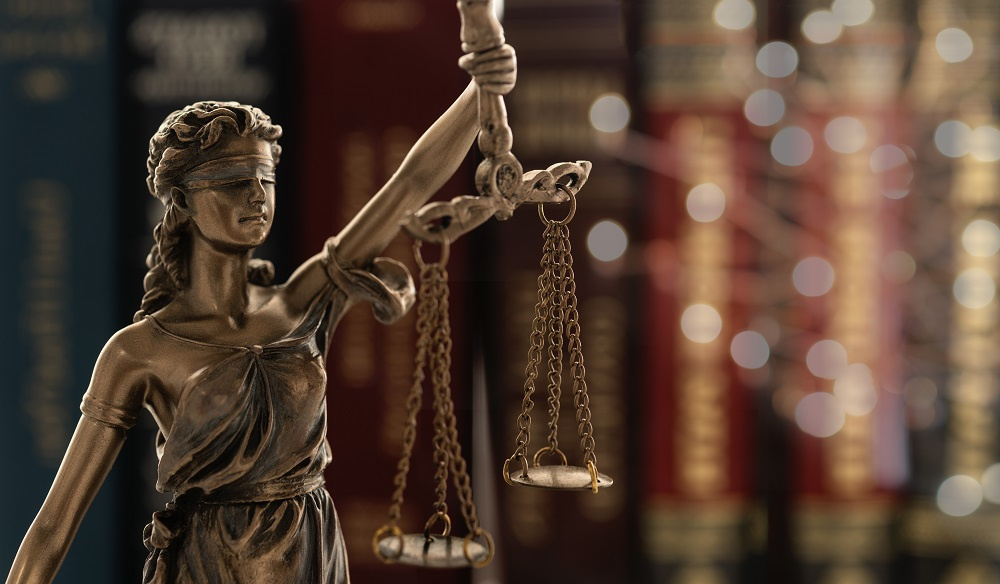
Medical experts have an ethical responsibility to take part in legal disputes involving malpractice and other medical wrongdoing. This can be an incredibly rewarding experience for expert medical witnesses, giving them an opportunity to aid the pursuit of justice and public safety. Being an expert witness can be risky, because you need to understand and apply specific guidelines and qualifications along with being aware of the difference between the legal system and clinical practice. Here are a couple of key facts about what being a professional neurology expert witness in court is like.
The Role of Expert Witnesses
As part of the medical legal consulting panel, a neurologist has special training and experience in assessing, diagnosing, and treating nervous system disorders. This gives you the ability to explain complicated neuroscientific evidence to judges and juries. Usually, a neurologist is asked to be an expert witness by an attorney. Attorneys for the defendant and plaintiff will ask the neurologist questions in order to establish or discredit their expertise, reliability, or objectivity, and clarify or obscure any clinical neuroscientific evidence. Neurology expert witnesses should know that their testimony is subject to peer review.
There are 4 main ways a neurologist participates in a court case. You can be called on as a fact witness, testifying about the care you gave a defendant, as a non-witness to give attorneys advice about how strong their neuroscientific evidence is, as a party to an amicus curiae who provides a written academic opinion on a case, or as an expert witness who testifies about current standards of practice, appropriate care of patients, or competence of a physician.
 The Language of Law and Medicine
The Language of Law and Medicine
When you are evaluating evidence, there are key differences in the methodologies of a courtroom and a clinical setting that neurologists acting as medical expert witnesses need to be aware of. This is due to the different purposes of law and medicine and the varying ways they pursue the truth. Medicine uses scientific knowledge related to health and disease to find ways to heal people who are sick, while the law seeks to solve disputes according to standards and rules that stem from legislation or past judicial decisions. Medicine seeks the truth using an empirical process where hypotheses are rigorously tested over time, while the law seeks truth by supporting two opposing teams representing competing interests.
These differences have a significant impact on your experience as a neurology expert witness in the courtroom. The traditional ways that an expert clinician would gather and assess evidence don’t translate as smoothly to the courtroom. This can cause an expert medical witness to veer off course of the professional guidelines they are supposed to follow during their testimony.
A neurologist faces several dilemmas as an expert witness in court. To start, under oath, their main job is to answer questions by attorneys on both sides as truthfully as they can. While under oath, they are not allowed to ask questions, though they can request clarification on any questions that aren’t clear. Next, they must remain neutral and objective, which can conflict with their drive to serve a patient’s interests. Lastly, what the court and clinics consider viable evidence can differ. There are strict rules of evidence that establish what evidence is admissible in court. Lastly, the law and medicine use different processes to make decisions when there is uncertainty. While medicine uses diagnoses based on statistics, the law uses a broader range and context to resolve uncertainties in a case.
If you are interested in learning more about neurology expert witness services or need this expert for your medical malpractice case, contact Reliable Clinical Experts today.


